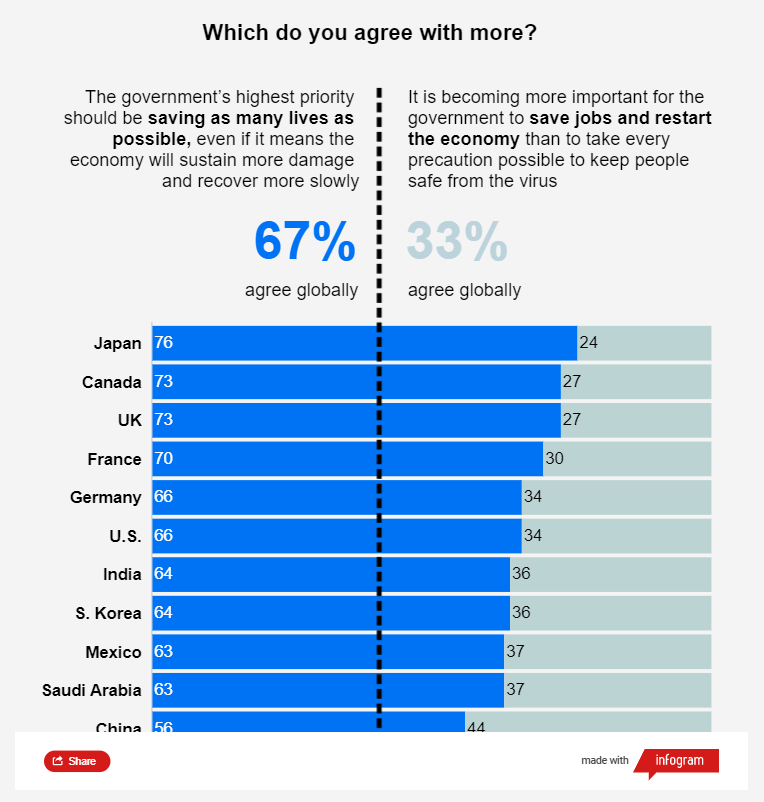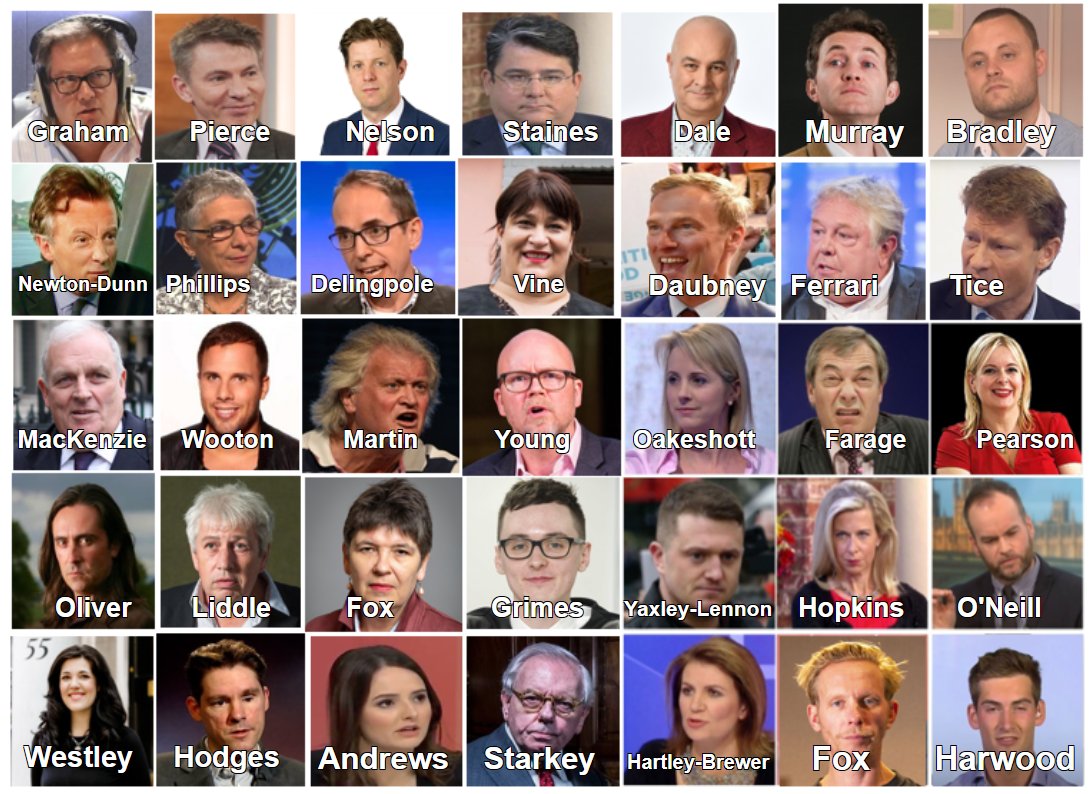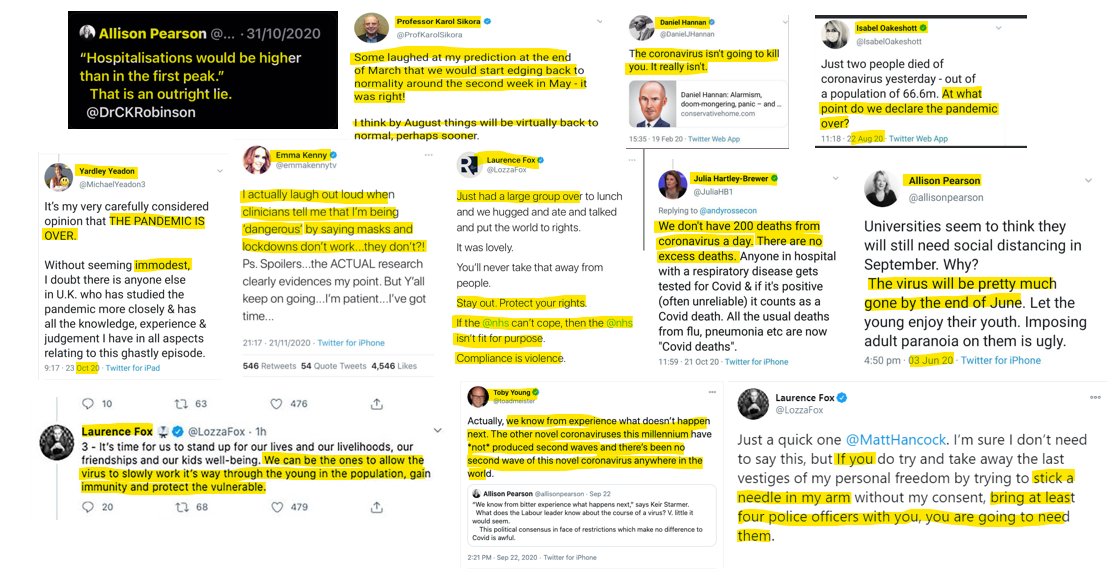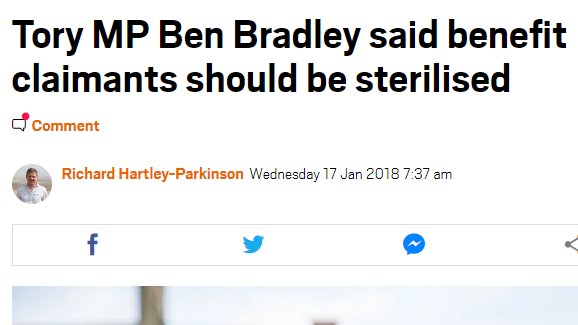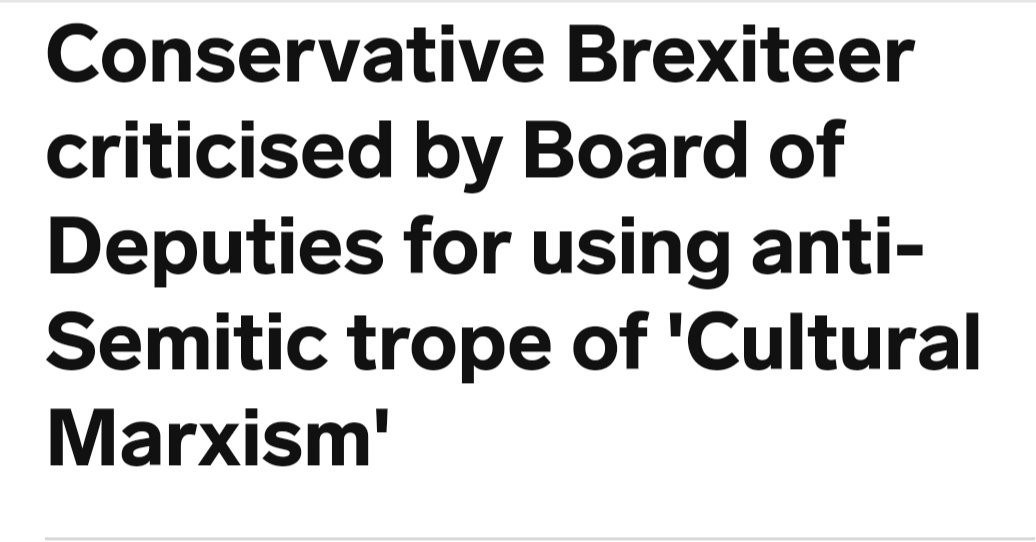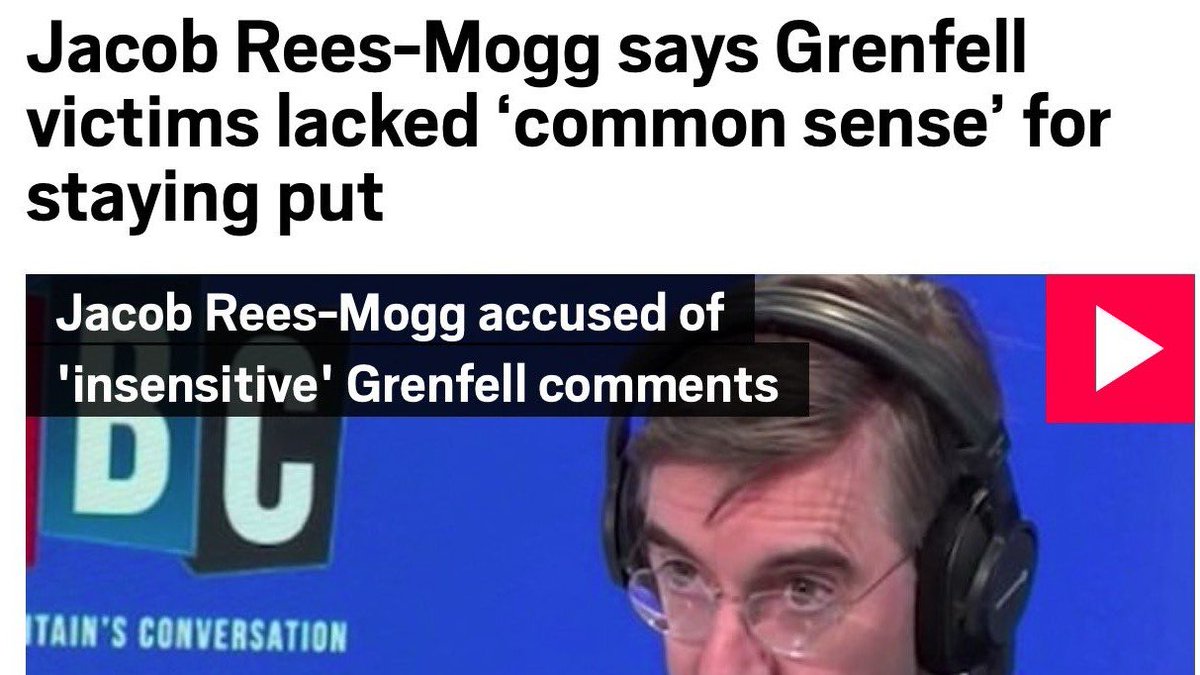
A THREAD about the history of the UK press & journalism, focusing on how the 'radical press' transformed Britain.
I believe we're experiencing something similar now, with outlets like @BylineTimes, @DoubleDownNews & many others challenging the dominant free-market narrative.
I believe we're experiencing something similar now, with outlets like @BylineTimes, @DoubleDownNews & many others challenging the dominant free-market narrative.
A bit of context.
The Guttenberg print press, invented in 1440, changed everything.
Ordinary people now had access to information, ideas & narratives from all sorts of perspectives, thus breaking the stranglehold on the elite's domination.
The Guttenberg print press, invented in 1440, changed everything.
Ordinary people now had access to information, ideas & narratives from all sorts of perspectives, thus breaking the stranglehold on the elite's domination.
Gradually at first, there was a profound shift from oral/visual culture toward print culture – kickstart age of reason, & it was transformative, giving birth to the Renaissance & the Enlightenment, & in the17th century gave rise to early #journalism.
People gained access to local, regional, national & international self-expression.
Very early journalism focused on self-improvement, law, medicine, events & entertainment.
In 1550, only 15% of adult population can read; by 1650, nearly 50% of the adult population read.
Very early journalism focused on self-improvement, law, medicine, events & entertainment.
In 1550, only 15% of adult population can read; by 1650, nearly 50% of the adult population read.
Early on, more men than women are literate, more upper class than lower, and it takes takes until 1850 for 75% of the British population to read & write.
And this gives rise to the birth of Journalism as we recognise it today.
And this gives rise to the birth of Journalism as we recognise it today.
Inevitably, this gives the opportunity to hear dissenting voices.
The elites are rattled, so they attempt to control information & publications: Britain experiences censorship, illegal books are seized, imprisonments, the licencing of printers, regulation of what is published.
The elites are rattled, so they attempt to control information & publications: Britain experiences censorship, illegal books are seized, imprisonments, the licencing of printers, regulation of what is published.
There is of course a commercial component to these developments. In the 16th & 17th centuries - sex & violence sells! People like to read about crime, with gory details, but also miracles, prodigies & astrology! Then, as now, the 'truth is perceived to be - & is - under threat'.
Within much of the early burgeoning press, truth is often ignored in favour of 'sensationalism' – just like much of the press nowadays!
In terms of early 'newspapers, news, things start to take off from the beginning of 17th century – the middle classes are ‘early adopters’.
In terms of early 'newspapers, news, things start to take off from the beginning of 17th century – the middle classes are ‘early adopters’.
Early recogniseable newspapers includee The Relation in Strasbourg (1605) first weekly newspaper, which includes current affairs.
In the 1620s we get the 'weekley newes', arguably the first regular English newspaper, mainly dull international news, owned by Nathaniel Butter,
In the 1620s we get the 'weekley newes', arguably the first regular English newspaper, mainly dull international news, owned by Nathaniel Butter,
We have the English civil war 1642 - 1651 king Charles’ Cavaliers vs Cromwell’s parliamentarians, & the Roundheads propose an elected house of commons, subservient to house of Lords.
In 1644 there are dozens of weekly 'newsbooks' in London - aimed at privileged classes
The Oxford/London Gazette 1665 uses columns for the first time. It was available to all, & is still going, our oldest newspaper.
The Oxford/London Gazette 1665 uses columns for the first time. It was available to all, & is still going, our oldest newspaper.
There's an increase in domestic news, with comment/leading articles, illustrations, agony columns.
Recogniseable #propaganda emerges (insider stories planted, personal attacks etc) and there's a nationwide debate debate over 'Freedom of expression'.
Recogniseable #propaganda emerges (insider stories planted, personal attacks etc) and there's a nationwide debate debate over 'Freedom of expression'.
The Levellers, a political movement, grew out of 1st civil war. They demand suffrage, equality before the law, religious tolerance.
The concept of a 'free press' emerges, & they pioneer the development of techniques such as petitioning & pamphleting to reach wider audiences.
The concept of a 'free press' emerges, & they pioneer the development of techniques such as petitioning & pamphleting to reach wider audiences.
By 1655, the elites are rattled & Cromwell bans newsbooks, introducing severe penalties, enforced by army.
But Britain has a national postal service, so people write to each other, & find alternative ways of disseminating information, & direct state censorship ends by 1700.
But Britain has a national postal service, so people write to each other, & find alternative ways of disseminating information, & direct state censorship ends by 1700.
The journalistic floodgates open & newspapers increase, becoming commercially viable. Between 1700 & 1705, there are 20 London newspapers. The Daily Courante in 1702 is the first British daily – a single page – with adverts on the back.
By 1760, there are 89 London newspapers.
By 1760, there are 89 London newspapers.
By 1750, there are 7M readers, & by 1775, 12M. By 1782, there are 50 regional newspapers.
Entrepreneurs capitalise! We get embryonic 'News agents' selling a huge variety of publications - trade papers, political, literary journals, gossip, scandal, manners & moral instruction.
Entrepreneurs capitalise! We get embryonic 'News agents' selling a huge variety of publications - trade papers, political, literary journals, gossip, scandal, manners & moral instruction.
In 1693 the Ladies Mercury answers "all the nice & curious questions concerning love, marriage, behaviour, dress and humour of the female sex, whether virgins, wives or widows"!
The seemingly insatiable appetite for news make newspapers highly profitable.
The seemingly insatiable appetite for news make newspapers highly profitable.
However, there is no organised system of news gathering – #journalism is still in its infancy.
Commerce becomes more important generally in Britain around this time, & there's a demand for trade news - & there is financial growth - it's boom time (for some at least).
Commerce becomes more important generally in Britain around this time, & there's a demand for trade news - & there is financial growth - it's boom time (for some at least).
Much of the content is recirculated from other newspapers & it's unreliable - newspapers are full of rumours, misinformation & eye witness accounts, but there are still no paid journalists.
But the rise of the commercial middle classes begins to change this situation.
But the rise of the commercial middle classes begins to change this situation.
The authorities attempt regulation through taxation ('stamp' duty) & libel laws.
The 1712 stamp act introduces a 'tax' on newspapers, & between 1712 & 1815 there is a crippling 800% increase in taxes on newspapers, which results in the decline of news critical of the Govt.
The 1712 stamp act introduces a 'tax' on newspapers, & between 1712 & 1815 there is a crippling 800% increase in taxes on newspapers, which results in the decline of news critical of the Govt.
Consequently, many people are dependent upon the Govt sanctioned gazette, but they forgot to regulate size of paper so newspapers just got bigger!
UK Parliament had been around since 13th century, but the 1707 Treaty of Union brought countries together: 'Great Britain'.
UK Parliament had been around since 13th century, but the 1707 Treaty of Union brought countries together: 'Great Britain'.
Parliamentarians are taken exclusively from the aristocracy, monarchy, & landed elite. There is No unauthorised reporting from Parliament. This results in further dissatisfaction form the increasingly unruly 'masses', &, arguably for the first time, 'class consciousness' arises.
So with spread of all this information came more awareness of one's position in society.
Into this situation steps British radical John Wilkes, writer in the The North Briton from1762 - 1771. He's very critical of the Govt, & becomes a 'cause celebre', for his outspoken attacks.
Into this situation steps British radical John Wilkes, writer in the The North Briton from1762 - 1771. He's very critical of the Govt, & becomes a 'cause celebre', for his outspoken attacks.
He's imprisoned, but even though he won elections, he was banned for parliament, which results in mass demonstrations.
By 1771, the ban on Parliamentary reporting is lifted.
The period between 1750 - 1850 sees profound changes:
By 1771, the ban on Parliamentary reporting is lifted.
The period between 1750 - 1850 sees profound changes:
A series of revolutions shake the world (USA 1765 - 1783, French, 1789 -1799, Industrial 1790 - 1830).
The industrial revolution sees the emergence of new classes. there are profound changes in work, families, sexual relations, & a growing distinction between urban vs rural.
The industrial revolution sees the emergence of new classes. there are profound changes in work, families, sexual relations, & a growing distinction between urban vs rural.
Working people start experiencing a sense of belonging, AKA, 'class conscientiousness', & print media gave voice to this.
There's a huge struggle over participation in political system, & a struggle over control of system of mass communication.
There's a huge struggle over participation in political system, & a struggle over control of system of mass communication.
Print media is a battleground for competing political interests (& the winners were middle class).
The bourgeoisie (middle class) have success with their newspapers the Times, & the Manchester Guardian, & they're against the aristocracy AND the working class!
The bourgeoisie (middle class) have success with their newspapers the Times, & the Manchester Guardian, & they're against the aristocracy AND the working class!
The Leeds Mercury in 1821 proclaims that "never in any country under the sun was an order of men more estimable and valuable, more praised & praiseworthy than the middle class of society in England!"
The aristocracy AND the working class are portrayed as feckless, drunken & debauched, & they call for expansion of middle class values to all - but they didn't want universal suffrage for the ignorant & brutish working class.
On the back foot, in 1834 the Govt offers assistance to the Times - but it's rejected. And the Times emerges as somewhat of an intermediary between government and governed.
This period coincides with a shift toward the age of mass circulation and huge advertising revenue.
This period coincides with a shift toward the age of mass circulation and huge advertising revenue.
However - and importantly - this period also gives rise to the Radical Press!
The working class get more vocal & organised in their demand for reforms: eg in 1835 most kids only get some schooling for one year, but after campaigns, the education Act 1870 all kids school til 12.
The working class get more vocal & organised in their demand for reforms: eg in 1835 most kids only get some schooling for one year, but after campaigns, the education Act 1870 all kids school til 12.
There's a huge growth in radical literature. Tom Paine writes The Rights of Man in 1791 & before long, 200,000 copies are in circulation! It includes ideas of democracy, welfare, hostility to aristocracy, & the rights of individual to speak for themselves.
Working class interest in politics & the possibility of self-determination increases exponentially, & in 1793 Paine is forced to leave country, but he kept writing.
The further rise of the radical press includes William Cobbett's Weekly Political Register (1802-1835).
The further rise of the radical press includes William Cobbett's Weekly Political Register (1802-1835).
Cobbett is also extremely critical of the Government: he denounced the money made by bankers during Napoleonic wars (1803 - 1815) & decries the state of the country.
He pushes the idea that the labouring classes are & must be considered equal with others.
He pushes the idea that the labouring classes are & must be considered equal with others.
Cobbett writes about 'The Two Headed Monster' - 'THE THING' - the accumulated evils of the old system eg the privileges of church & state & their hatred of the poor, & the corruption of bankers & mercantile classes imposing an intolerable burden on the poor!
Nothing changes eh!
Nothing changes eh!
In 1816 a loophole in the stamp duty laws are found - if pages are not folded, it's not considered a newspaper!
Radical newspapers increase in number & in reach.
I'll just flag up a few of the more significant & influential ones:
Radical newspapers increase in number & in reach.
I'll just flag up a few of the more significant & influential ones:
Cobbett's Twopenny Trash 1812 - 17
Thomas Wooler's Black Dwarf 1817 - 21
William Sherwin's Political Register (leading to Hansard) 1802 - 35
Richard Carlile's The Republican 1817 -1 9
John Wade's The Gorgon 1818 - 19
They ALL advocated for the working classes to organise!
Thomas Wooler's Black Dwarf 1817 - 21
William Sherwin's Political Register (leading to Hansard) 1802 - 35
Richard Carlile's The Republican 1817 -1 9
John Wade's The Gorgon 1818 - 19
They ALL advocated for the working classes to organise!
This gives a huge boost to unionisation!
Workers get more organised, & representatives start challenging employers. Unions from different professions start to join together. In 1799 trade unions were banned from collective bargaining.
In 1819, only landowners can vote!
Workers get more organised, & representatives start challenging employers. Unions from different professions start to join together. In 1799 trade unions were banned from collective bargaining.
In 1819, only landowners can vote!
Most of you wil be familiar with the 1819 Peterloo massacre - the biggest demonstration Britain had ever seen: 80,000 strong, the cavalry charged into them, leaving 15 dead, & 700 injured.
The Government was freaking out – they were terrified of losing control to the masses!
The Government was freaking out – they were terrified of losing control to the masses!
So in 1819 they introduced the despicable 'Six Acts':
- any meeting for radical reform was seen as "an overt act of treasonable conspiracy"
- the Training Prevention Act meant no military training of any sort was to be conducted only by municipal bodies & above.
- any meeting for radical reform was seen as "an overt act of treasonable conspiracy"
- the Training Prevention Act meant no military training of any sort was to be conducted only by municipal bodies & above.
- the Seizure of Arms Act gave powers to search any private property for weapons & to seize them & arrest the owners.
- the Misdemeanours Act increased the speed of the administration of 'justice' by reducing the opportunities for bail & allowing for speedier court processing.
- the Misdemeanours Act increased the speed of the administration of 'justice' by reducing the opportunities for bail & allowing for speedier court processing.
- the Seditious Meetings Prevention Act required the permission of a sheriff or magistrate in order to convene any public meeting of more than 50 people
- the Blasphemous & Seditious Libels gave more punitive sentences for the authors (up to 14 years in jail or, transportation).
- the Blasphemous & Seditious Libels gave more punitive sentences for the authors (up to 14 years in jail or, transportation).
- the Newspaper & Stamp Duties Act extended & increased taxes to cover those publications which had escaped duty by publishing opinion & not news.
These brutal & horrific Acts ended the first phase of radical press.
However, by 1850, 75% of the working class could read.
These brutal & horrific Acts ended the first phase of radical press.
However, by 1850, 75% of the working class could read.
Henry Hetherington's unstamped Penny weekly:
"It is the cause of the rabble we advocate, the poor, the suffering, the industrious, the productive classes... we will teach this rabble their power - we will teach them that they are your master, instead of being your slave"
"It is the cause of the rabble we advocate, the poor, the suffering, the industrious, the productive classes... we will teach this rabble their power - we will teach them that they are your master, instead of being your slave"
The Penny weekly displayed on its front page that it was "Published contrary to 'law' to try the power of 'might' against 'right" - "KNOWLEDGE IS POWER!"
The Poor Man's Guardian, 1831-35 was another.
The National Union of Working Classes formed, demanding universal suffrage!
The Poor Man's Guardian, 1831-35 was another.
The National Union of Working Classes formed, demanding universal suffrage!
The radical press helped foster another working class political movement: Chartism.
Chartism articulated aims & objectives for the working class, including: universal suffrage; secret ballots, & the removal of need to be a landowner to be an MP.
Chartism articulated aims & objectives for the working class, including: universal suffrage; secret ballots, & the removal of need to be a landowner to be an MP.
During the period 1830 - 1836, 56 radical newspapers launched (including the Working Man's Friend, The Destructive & The Northern Star, which explicitly provided information on actions, theories & tactics - a bestseller of its time.
The strategy adopted by these newspapers was to keep costs low, which included the avoidance of stamp duty, subscriptions, distribution by volunteers.
In 1832 Parliament passed the Great Reform Act, which finally gave seats to large cities.
In 1832 Parliament passed the Great Reform Act, which finally gave seats to large cities.
Perhaps the end of this high point of the radical press was accompanied by the rise of the Sunday Papers, which were made more saleable by including more sex, gossip, entertainment & violence.
By 1843, we have the News of the World!
By 1843, we have the News of the World!
By 1850, reading as a collective, social activity was all but over, & newspaper reading became individualised.
Stamp duty was abolished in 1855, but many of the most important demands been achieved, & Unions were far more organised & effective.
Stamp duty was abolished in 1855, but many of the most important demands been achieved, & Unions were far more organised & effective.
It's no coincidence that from 1862-75, the average wage increased by 40%!
Philanthropists began to provide schools, baths, housing, clean water etc. & there's a decline in militancy & an increase in publications designed to improve working classes through hygiene & temperance.
Philanthropists began to provide schools, baths, housing, clean water etc. & there's a decline in militancy & an increase in publications designed to improve working classes through hygiene & temperance.
New forms of popular culture for the working classes emerge eg music hall. The idea that the 'underclass' at home could be the imperial 'overclass'. Newspapers become increasingly dependent upon advertisers who did not perceive working classes to have sufficient purchasing power.
And so by the late 19th century, Britain sees a rise in the mass circulation popular press, the reassertion of the dominance of the elite, rich owners of the press, & the pioneering of techniques to shape & control public opinion which, sadly, remain with us to this day.
The point is writing this thread is to suggest that the dissemination of crystal clear critiques of the grotesque injustices faced by so many is essential again today: the inability of free-market capitalism to resolve problems becomes increasingly apparent with each passing day.
So support the renaissance in the radical press.
While we might not have the resources of the billionaire elites who seek to relentlessly scapegoat & demonize certain minorities & the Left - we urgently need to provide critique, & present an alternative vision for the future.
While we might not have the resources of the billionaire elites who seek to relentlessly scapegoat & demonize certain minorities & the Left - we urgently need to provide critique, & present an alternative vision for the future.
• • •
Missing some Tweet in this thread? You can try to
force a refresh



